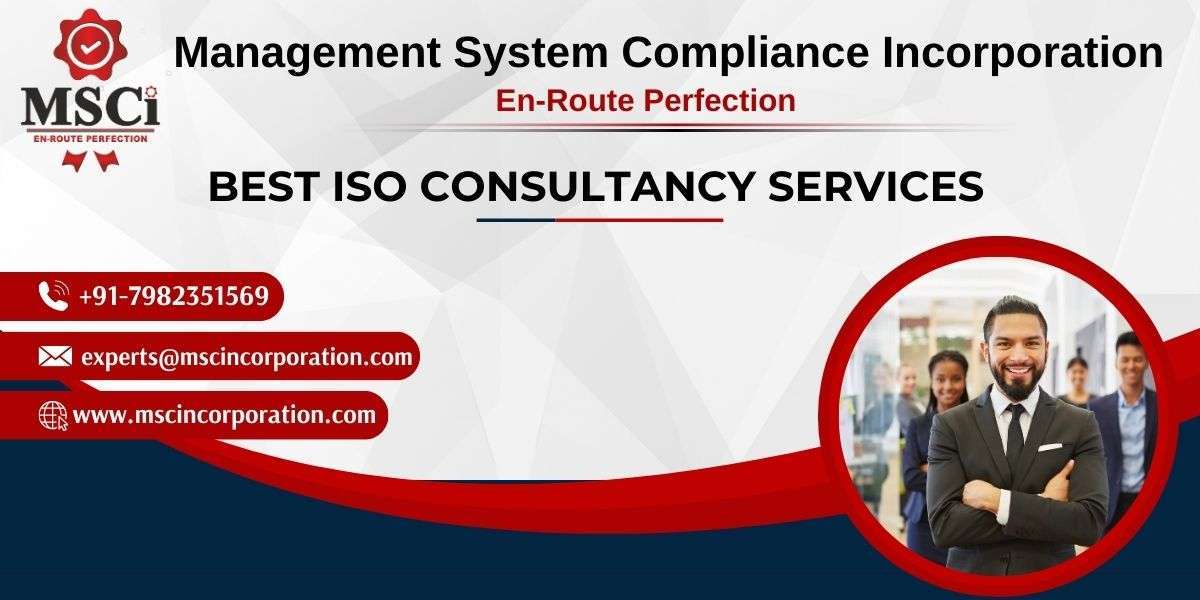The roles of an ISO consultant can vary depending on the specific needs of the organization and the stage of ISO implementation. Here are the key roles performed by ISO consultants :
1. Advisor and Educator:
Providing expert advice on ISO standards (e.g., ISO 9001, ISO 27001) and their requirements.
Educating the organization's leadership and staff on the benefits of ISO certification and the implementation process.
2. Gap Analysis:
Conducting thorough assessments to identify gaps between the organization's current practices and the requirements of the ISO standard.
Developing action plans to address identified gaps and deficiencies.
3. Documentation Specialist:
Assisting in the development and customization of documentation required by the ISO standard, such as quality manuals, procedures, work instructions, and forms.
Ensuring documentation meets the standard's requirements and is aligned with the organization's operations.
4. Implementation Planner:
Developing a comprehensive implementation plan tailored to the organization's needs, including timelines, responsibilities, and milestones.
Helping prioritize activities and allocate resources effectively to achieve ISO certification.
5. Training Facilitator:
Providing training sessions and workshops for employees at all levels to ensure understanding of ISO standards, their roles in implementation, and the importance of compliance.
Conducting awareness programs to foster a culture of quality and continuous improvement within the organization.
6. Internal Auditor:
Performing internal audits to evaluate the organization's adherence to ISO standards and identify areas for improvement.
Reviewing processes, procedures, and records to ensure they meet ISO requirements and recommending corrective actions where necessary.
7. Certification Coordinator:
Liaising with external certification bodies on behalf of the organization.
Preparing the organization for certification audits, including mock audits and readiness assessments.
Supporting during the certification audit process and addressing any findings or non-conformities identified.
8. Continuous Improvement Champion:
Promoting a culture of continual improvement within the organization.
Facilitating reviews and evaluations of the management system to identify opportunities for enhancement and optimization.
9. Project Manager:
Managing the ISO implementation project, including coordinating tasks, timelines, and resources.
Monitoring progress against the implementation plan and adjusting strategies as needed to achieve objectives.
10. Support and Guidance Provider:
Offering ongoing support and guidance to the organization post-certification.
Assisting with the maintenance of the management system and preparation for surveillance audits.
Overall, International Organization for Standardization ISO consultants play a vital role in guiding organizations through the complexities of ISO standards, ensuring successful implementation, certification, and continuous improvement of their management systems. Their expertise, experience, and guidance are essential in achieving ISO certification and leveraging its benefits for organizational growth and competitiveness.







